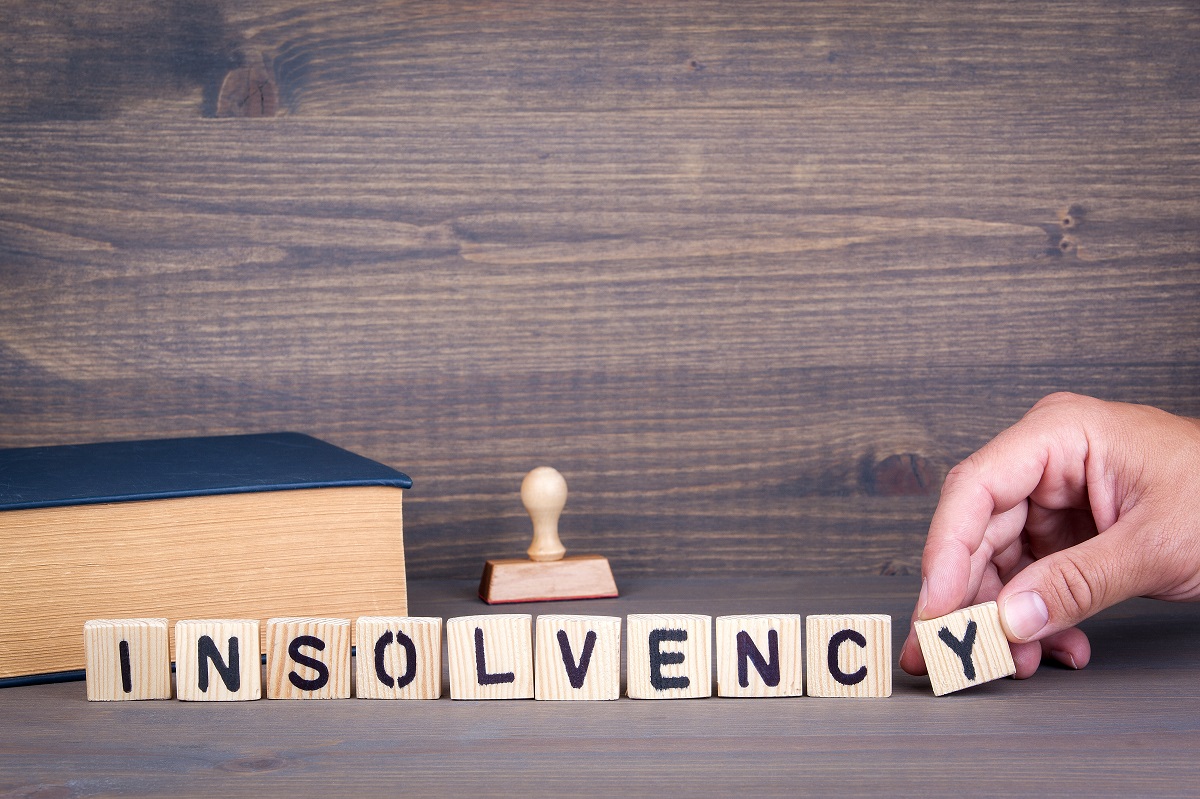Get This Report about Insolvency Practitioner
Get This Report about Insolvency Practitioner
Blog Article
7 Easy Facts About Insolvency Practitioner Explained
Table of Contents9 Simple Techniques For Insolvency PractitionerExcitement About Insolvency Practitioner8 Easy Facts About Insolvency Practitioner DescribedThe 25-Second Trick For Insolvency PractitionerInsolvency Practitioner Things To Know Before You Buy
Whether you need to make use of a bankruptcy professional (IP) to liquidate your business depends on various factors. While involving an insolvency practitioner for all forms of liquidation is not a legal requirement, doing so can often streamline the procedure and make certain conformity with legal requirements. Liquidating a company is a vital decision that features substantial effects.
It is a procedure made use of when a company does not have any creditors, or every one of their financial institutions can be repaid completely with statutory rate of interest. Recognizing the different kinds of bankruptcy processes can help you determine the most effective program of action for your company's liquidation or various other official insolvency treatments itself.
This is required in order to stick to lawful requirements - Insolvency Practitioner. This is because IPs have the essential credentials and experience to make sure that the liquidation process is conducted according to all appropriate laws and laws. By involving a qualified bankruptcy expert, you can have tranquility of mind knowing that your business's liquidation process will be handled properly and in compliance with the pertinent legal needs
Insolvency Practitioner Things To Know Before You Get This
The bankruptcy specialist is appointed as a liquidator and is accountable for managing the company and liquidator's financial debts superior responsibilities and assets. This procedure involves liquidating the business's properties and distributing the proceeds to financial institutions. Upon completion of the process, the business is removed from the register at Companies Home.
Falling short to do so can lead to individual liability for the company or supervisor for the creditor's debts. Volunteer liquidation, which includes Lenders' Volunteer Liquidation (CVL) and Participants' Voluntary Liquidation (MVL), is launched by the company's supervisors and investors when they can no longer pay their financial debts. In a CVL, the bankruptcy expert is assigned as the liquidator, in charge of handling company financial debts and all firm properties.

Excitement About Insolvency Practitioner
By assessing the competence and next page experience of prospective insolvency professionals, you can make sure that you choose a professional who has the needed certifications to manage your company's liquidation process efficiently. While insolvency practitioner-led liquidation is often one of the most proper strategy for companies dealing with bankruptcy, there are alternate strategies to think about, such as striking off and partial liquidation.
It's vital to assess all readily available alternatives prior to choosing the next finest solution or strategy for your service. Striking off companies' registers is an extra straightforward and affordable means to close inactive or little business with no financial click over here now debts or properties. To strike off a firm, its name is gotten rid of from the Companies Home register by submitting form DS01.
Prior to choosing striking off, it's essential to consider the advantages and downsides of this technique and think about whether it's the appropriate option for your business. Partial liquidation is another option to bankruptcy practitioner-led liquidation, in which a firm liquidates specific properties and obligations while remaining to run with the remaining possessions and responsibilities.
A Bankruptcy Specialist will certainly be able to recommend you of the very best strategy to take and guarantee that everything runs smoothly. Unfortunately, it is not possible to sell off a firm without a liquidator. Selecting an authorized bankruptcy practitioner is required for the procedure of volunteer liquidation to begin.
Facts About Insolvency Practitioner Revealed
It is feasible to close and liquidate your business without utilizing a liquidator, supplied your business is solvent and you meet the eligibility requirements to liquify or liquidate it. Nonetheless, if your firm is bankrupt, you may be required to use a liquidator and begin official insolvency procedures. Here are some other interesting articles concerning company liquidation in the UK:.
Remaining in a position where you're unable to pay your company's creditors is exceptionally demanding. In an attempt to stay clear of raising the degree of financial obligation, numerous business attempt to work out directly with their lenders and consent to an informal setup. If the financial obligation is rather little and owed to one creditor, and the lender is being cooperative, participating top article in an informal financial obligation arrangement is most likely the very best service, instead of searching the internet for 'an insolvency expert near me'.
On the other hand, if there are multiple financial institutions and the level of financial debt is big, creditors might not be so willing or participating. In order to prevent liquidation or bankruptcy, it is much better to work with an insolvency expert to prepare formal propositions and work out with lenders on your behalf.
The 3-Minute Rule for Insolvency Practitioner
Whilst it is a means to manage financial obligation, there are significant dangers entailed with this type of financial obligation setup - Insolvency Practitioner. If a financial institution agrees to participate in a casual arrangement (IA) whereby the debtor has concurred to make normal, if reduced, payments to pay back the financial obligation, it's crucial to adhere to the agreement

The creditor is within their rights to back out of the agreement and application the courts for your company to be sold off at any type of time. An official setup that has actually been recommended by a bankruptcy expert on your part, and concurred by a financial institution, provides a much safer choice.
Report this page